T4K3.news
Lake of the Ozarks amoeba case
A swimmer at Lake of the Ozarks has Naegleria fowleri, a rare brain infection; officials are investigating exposure and urge caution with warm freshwater.
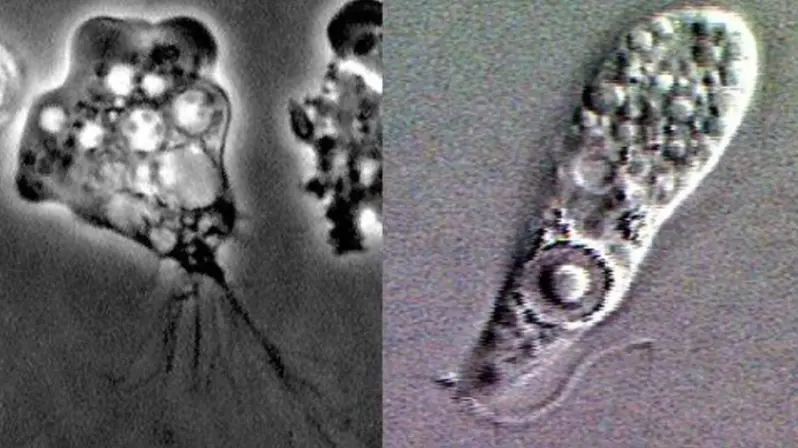
A swimmer at Lake of the Ozarks has been diagnosed with Naegleria fowleri, prompting health officials to warn about warm freshwater infections.
Lake of the Ozarks reports brain eating amoeba case
MISSOURI, USA — A Missouri resident is in intensive care after contracting Naegleria fowleri, the brain eating amoeba, following a swim at the Lake of the Ozarks. Health officials confirmed the infection, which can cause primary amebic meningoencephalitis, a condition that remains extremely rare. National data show 167 US cases from 1962 through 2024. The patient’s exposure source is still under investigation, with preliminary information suggesting water skiing days before illness. Officials emphasize that recreational water users should assume Naegleria fowleri can be present in warm freshwater, while noting that infections are still very uncommon.
Missouri last recorded a Naegleria fowleri case in 2022, and the state’s previous case was in 1987. The current instance comes amid research pointing to warmer waters and more frequent floods linked to climate change as potential factors behind a rise in such infections. Public health agencies are monitoring for patterns and will share updates as more data arrive. The Centers for Disease Control and Prevention said it would defer to Missouri health officials for comment on this case.
Key Takeaways
"The source of the patient’s exposure is currently being investigated by public health officials."
officials confirm ongoing investigation into how exposure occurred
"Recreational water users should assume that Naegleria fowleri is present in warm freshwater across the United States"
official guidance on risk in recreational waters
"Infections have historically been extremely rare"
historical context for risk
The report highlights how climate and weather trends intersect with public health in everyday settings. While Naegleria fowleri infections are rare, warming waters could extend exposure risk and complicate messages for lakegoers. The piece also shows the challenge of communicating uncertainty without dampening outdoor activity.
Editors should watch for how authorities balance reassurance with urgency as heat waves lengthen lake seasons. If warming trends persist, health departments may need clearer, more actionable guidance for families and local businesses that depend on summer recreation.
Highlights
- Warm waters demand caution not panic
- Rare infections still deserve careful attention
- Climate change makes health risks travel closer to home
- Public health steps up when water heats up
As summers grow hotter, communities must translate science into practical safety for lake lovers.
Enjoyed this? Let your friends know!
Related News
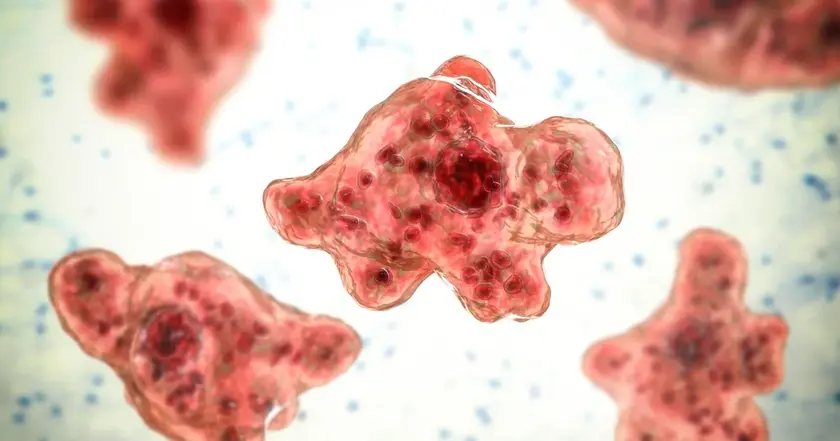
Missouri reports a rare brain infection linked to lake activity
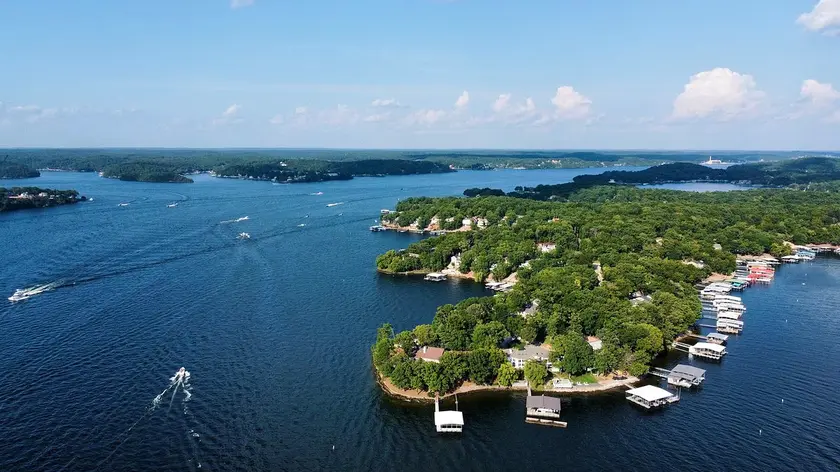
Rare brain eating amoeba case confirmed in Missouri
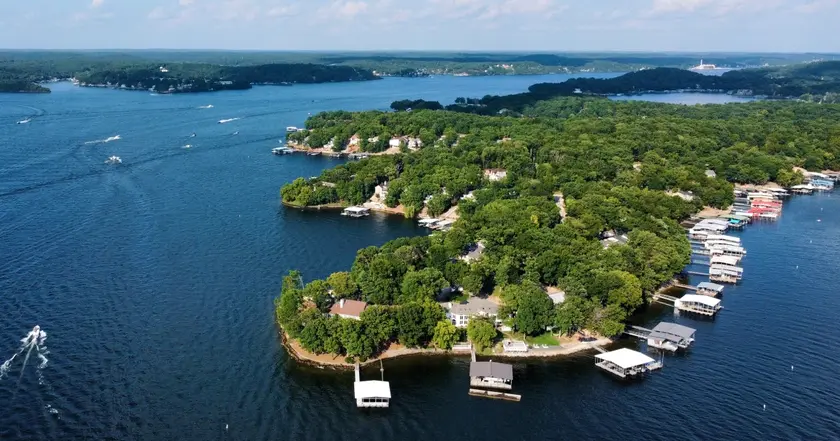
Rare brain infection linked to Lake of the Ozarks
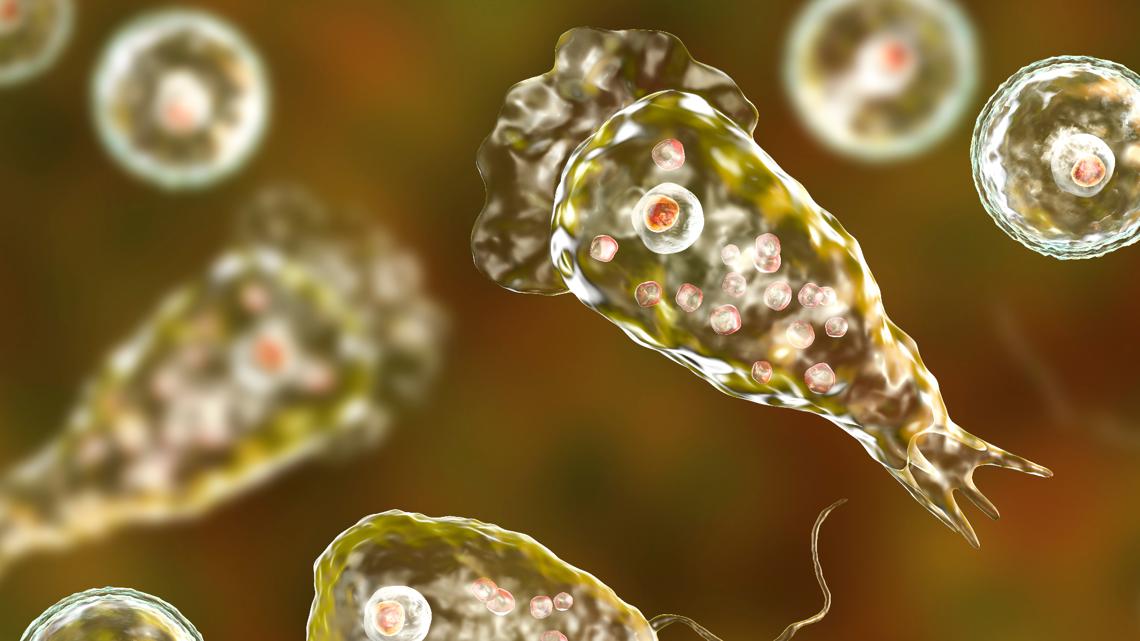
Confirmed death from brain-eating amoeba in South Carolina
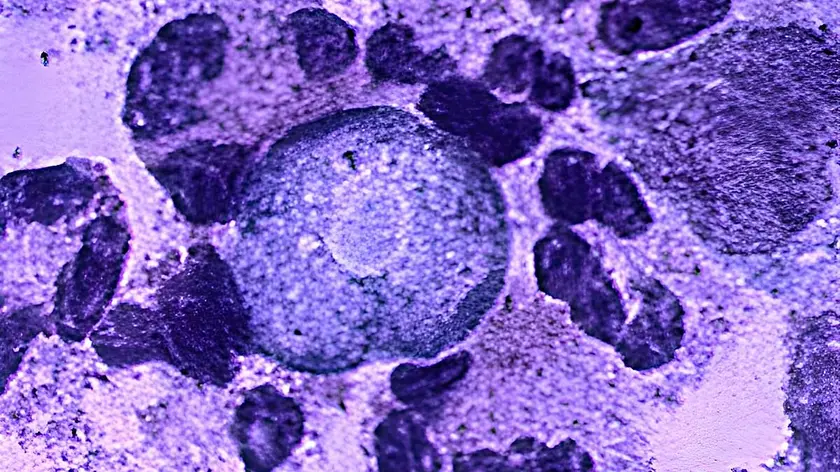
Child dies from brain-eating amoeba after swimming in South Carolina lake
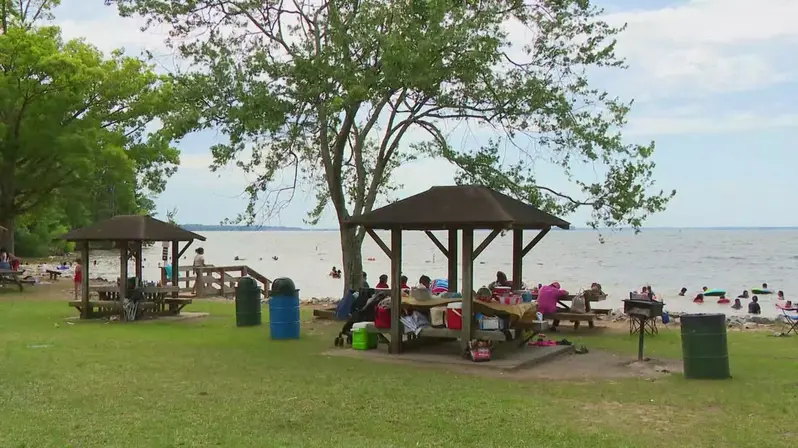
South Carolina confirms death from brain-eating amoeba

Pediatric death linked to brain-eating amoeba

Patient dies from brain-eating amoeba in South Carolina
